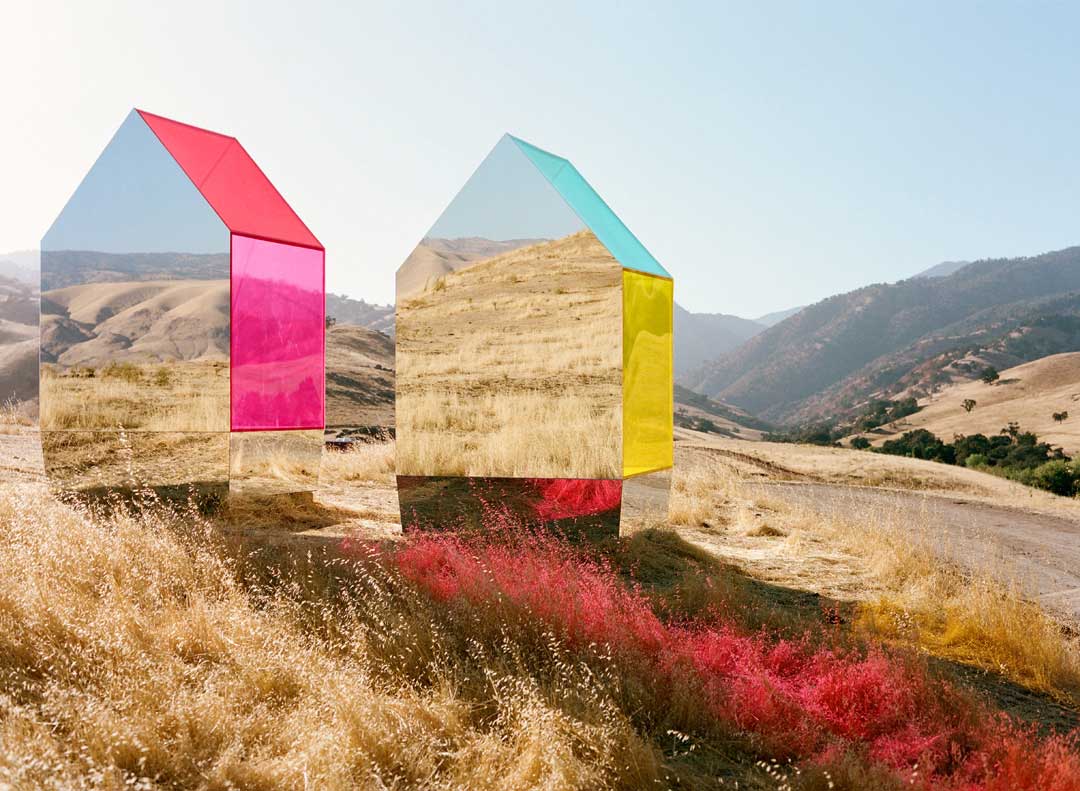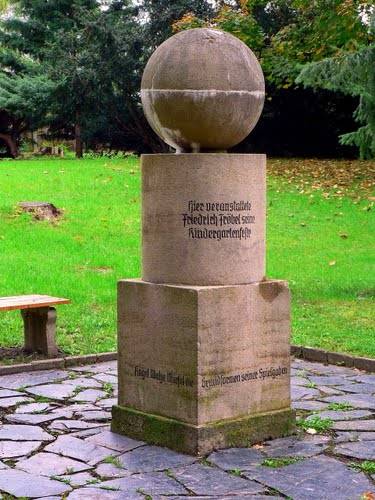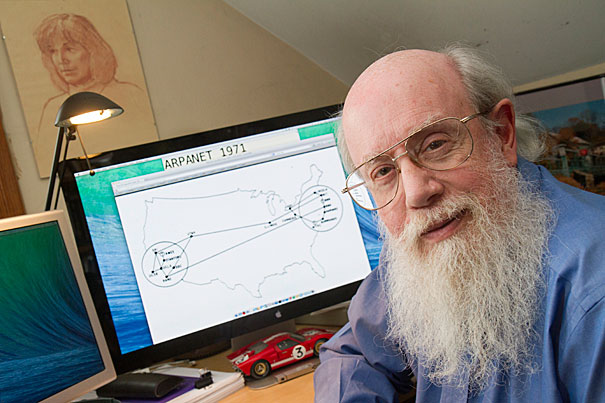One cannot read without admiration and emotion these words of Friedrich Froebel, toward the end of his speech on Sunday 28 June 1840, at the Gutenberg Festival in Bad Blankenburg.
“Therefore, I dare, confidently to invite you who are here present, honorable, noble, and discreet matrons and maidens, and through you, and with you all women, young and old, to assist in the founding of an educational system for the nurture of little children, which shall be named Kindergarten, on account of its inner life.”
“The idea of furthering the proper education of the child through appropriate fostering of the instinct of activity, acts like light and warmth, imperceptibly and beneficently, on the well-being of families and citizens; how much greater then are the possibilities of the daily, or even weekly, or monthly, attendance at such an institution. Staying here for a few hours has a good and blessed influence for days, weeks, months, and years; for good is not like a heavy stone which only acts, and is perceived where it presses; no — it is like water, air, and light, which invisibly flow from one place to another, awakening, watering, fertilizing, nourishing what is concealed from the searching eye of man, — even slumbers in our own breasts unsuspected by ourselves. Good is like a spark which shines far and points out the way and direction. Therefore, let us all, each in his own way, advance what our hearts recognize as good — the care of young children.
“Is the beautiful any less a gift and a real value in our life because it passes away easily? Is the good also any less a gift because only the heart perceives it? Is the true any less a gift because it is unseen, and only the spirit observes it? And shall we count for nothing the happiness of the children, in joy of heart and peace of mind? You can enjoy these great gifts in full measure; for they are the fruit of your cooperation, the fruits of the Garden which you establish and nurture.
take the lead and stand as models, to advance the happiness of childhood
The Kindergarten was founded at the Guttenberg festival in 1840, a day which pointed to a universal breaking of the light. In his report of June, 1843, which is signed by the burgomaster Witz, as well as by Middendorff and Barop, Froebel could announce good results of his effort and a general and honorable recognition.
In order to kindle the sparks of appreciation glimmering here and there into a clear flame by the breath of his own never failing enthusiasm, Froebel proposed to visit surrounding larger cities. He succeeded, especially in Hamburg and Dresden, in winning laborers for his vineyard, and in establishing Kindergartens. The seed corn which he thus scattered fell in good soil, and grew to flowering plants through the faithful care of his pupils and adherents.





